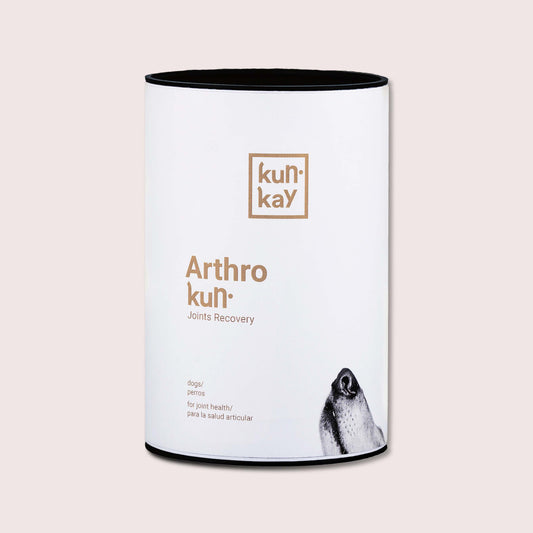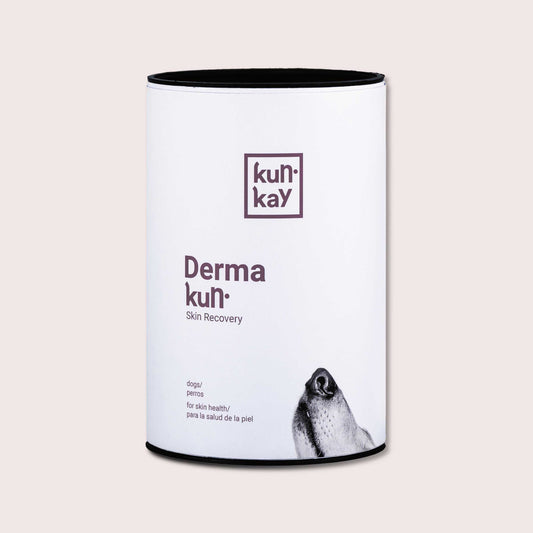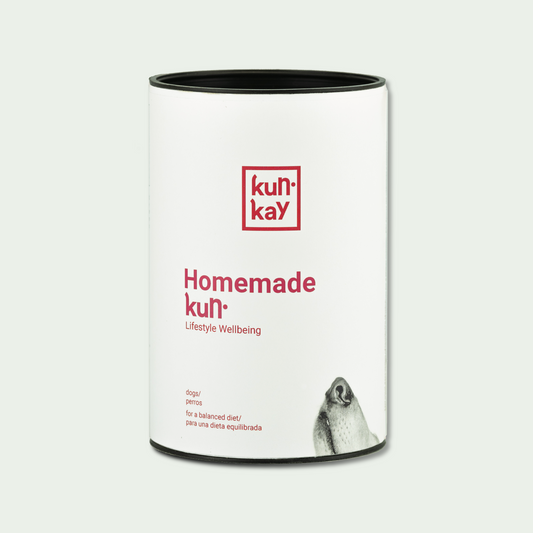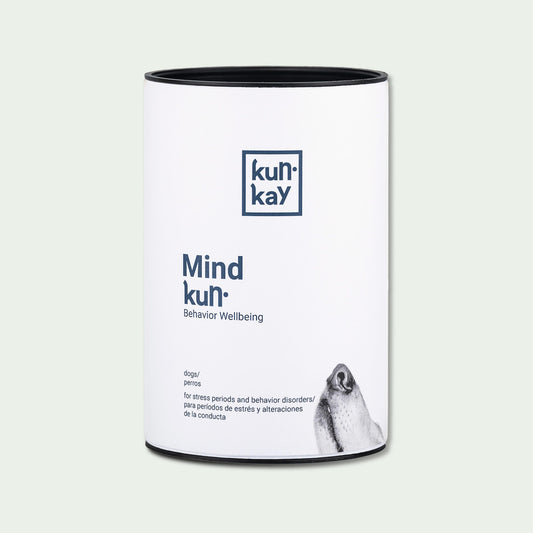¿Qué frutas puede comer mi perro o gato en verano?
During summer, our eating habits change. Our body asks for lighter meals and more hydration. But, what about the diet of dogs and cats in summer?
Water is the most important nutrient since it is the one we consume the most every day and the one whose deficiency we are most sensitive to. That is why it is so important that your dog drinks more water in summer.
This water can be consumed in two ways:
- With food: Wet or cooked food (commercial or homemade) or BARF is especially useful, especially for cats, as it is a very effective way to take in more water. With fruits and vegetables, we will also be providing hydration; they are also a good dietary supplement, as they provide fiber, minerals, and vitamins. They are the ideal ‘treats’ if your dog is overweight since they contain few calories and help satisfy hunger.
-
By drinking: Keep their water bowl always full, change the water often to keep it fresh, clean it daily to avoid biofilms, and offer water routinely. A fun way to offer additional water to our friend is to make ice creams🍦, simply with water, broth, or yogurt and mixing some Superkun and freezing it, refreshing, healthy, and delicious!!

How much fruit and vegetables can I give my dog?
The total amount of fruits and vegetables should not exceed 10% of the total daily ration, so as not to unbalance their food.
What fruits and vegetables can dogs and cats eat?
You can give them almost any type of fruit or vegetable, but always avoid giving seeds or pits (they must be removed before giving them).
Examples of fruits we can give our dogs in summer include a wide variety:
- Melon: High in vitamins A, C, and folic acid (without skin or seeds).
- Watermelon: Very refreshing and rich in nutrients to boost defenses 🍉.
- Strawberries, blueberries, and raspberries: Very rich in antioxidants.
- Peaches: Do not overdo it due to their high sugar content.
- Pear: Helps intestinal transit🍐.
- Apples: Rich in fiber.
- Tropical fruits: Such as pineapple, papaya, or mango.
The same goes for summer vegetables:
- Radishes: Remineralize the body 🌱.
- Spinach: Contains vitamins A, B, C, and K, as well as calcium, iron, fiber, magnesium, and potassium.
- Carrots: A good chew and rich in carotenoids 🥕.
- Green beans: An excellent source of fiber, magnesium, and vitamins A, C, and K.
- Peas: High in protein and low in fat.
- Zucchini and cucumber🥒: Provide very few calories and many vitamins.
- Pumpkin: Excellent postbiotic fiber for intestinal health (always cooked).
- Asparagus: Stimulate their immune system.
- Peppers: Full of vitamins and minerals.
Ideally, vary them, choose seasonal and preferably local (Km 0) produce, as they have even more beneficial properties for your dog's health.
What fruits and vegetables should you avoid giving your animal?
- Avocado
- Onion
- Leeks
- Grapes
- Raisins
- Garlic
- Raw potatoes
- Green tomatoes
- Seeds
- Peels
- Skin
We are what we eat!! Care the living 🖤🐾




